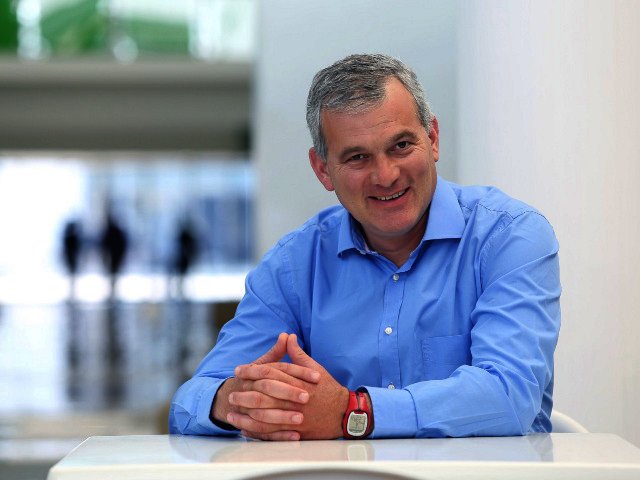By Steven Cohen, head of Sage One International (Africa, Australia, Middle East and Asia)
One of the questions other entrepreneurs most often ask me is what I wish I had known when we first started the Pastel business in 1990. Looking back over the past 26 years, I can distil my answer into two key lessons: hire the right people from the start and if you fail to plan, you are planning to fail. Any entrepreneur that sets out with these two pieces of wisdom is on a faster track to success.
Getting the right employees on board
When I think back on the trajectory of our business – from a small accounting software start-up to JSE-listed software and services group to part of a FTSE 100 company – one factor stands out as a key to our success. That is the role that key people have played in our growth and ensuring our sustainability.
I don’t really like using the word ‘hiring’ because that makes it sound cold and transactional – I prefer to think of it as convincing the right people to join our team. In a world where products are similar, good service is a given, and technology is commoditised, good people are your real competitive edge.
Great people are the foundation of any successful and profitable business. By great people, I mean employees who are professional, motivated, collaborative, trustworthy, and customer-focused; in addition, people who share your company culture and believe in your vision. People like that are the key to unlocking your growth and potential.
Don’t rush into hiring people because you feel under pressure and don’t hire the cheapest person – get the best who you can afford or develop smart, young people who are setting out in their careers. The right employees are the best investment you can make in your future growth.
Sit down and do some planning
I’m a guy who tends to do things by the seat of my pants; I’ve always valued gut feel and still do. Yet, over the years, I’ve developed a deeper appreciation for the importance of planning. I find that the process of planning is often more important than the plan itself.
As Dwight D. Eisenhower put it: "Plans are nothing; planning is everything." For me, what this means is that sitting down to plan forces you to think through what your business is about and where it’s going. That’s important given how much of a daily scramble and hustle it is to run a small business.
You can draw plans for where your revenues come from, your customers, your cost base and other elements of your business, knowing completely that reality may have other ideas. It’s very likely that you’ll need to adapt a two-year or five-year business plan in response to the needs of your customers, a changing business environment, and a fluid regulatory space.
That’s fine – you can change your plans or even throw them away. The effort still won’t be wasted because you’ll know your business better. Having a plan is about doing things in a conscious way and working towards a set of goals and objectives – it is not about constraining your flexibility.
Closing words
Like many of the businesses we serve, we started small and have grown beyond what seemed imaginable. Another key lesson I have learnt from the past 26 years is that it takes hard work and human sacrifice to turn a dream business idea into a way of life. But the sweat, blood and tears are all worth it when you look back on what you have built and how it has made a difference to your customers and employees.
The Small Business Awards winners will be announced next week in Gauteng on 30 August and in the Western Cape on 1 September. Leading up to these Awards ceremonies, Steven Cohen will be sharing his thoughts in a Twitter Q & A this Thursday, 25 August, To ask him any questions you may have on small business or to share your learnings when you opened a small business, tweet him at @steven_cohen.





